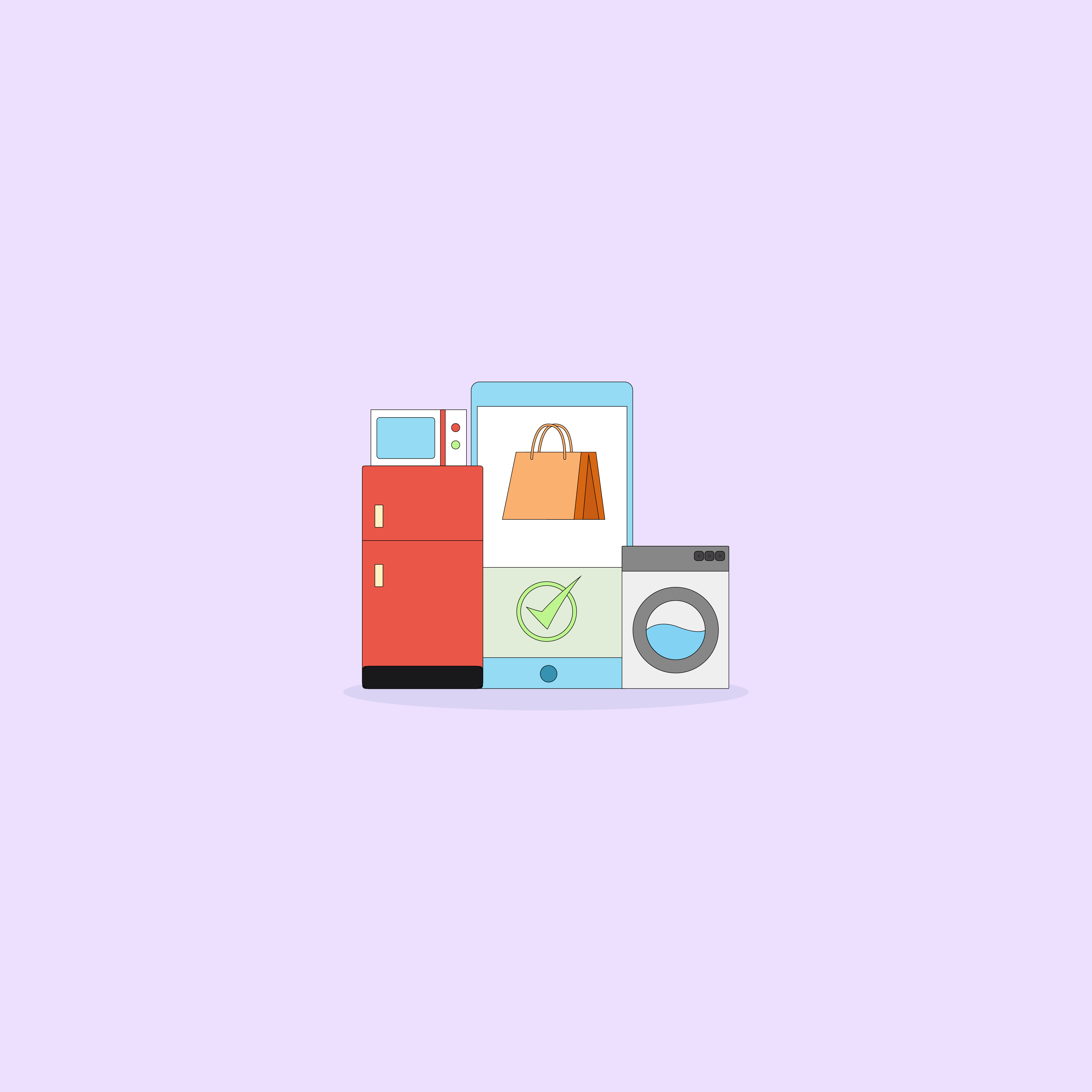We use cookies and similar technologies to enhance your experience. By clicking “Accept All,” you agree to the use of all cookies detailed in our Privacy Policy You can manage your preferences or withdraw your consent at any time
Significance of Ecommerce Personalization for Booking Services
Ecommerce personalization has always been the kind of high-powered technology that almost any company from almost any industry would love to have helping their customer acquisition strategy. However, for a long time, it wasn’t an option for many businesses.
Today, that has changed. Ecommerce personalization is more affordable than ever before. When you combine that with its incredible power, this technology has become a must-have for any company that acquires customers online. This is especially true for travel businesses that offer booking services.
What Is Ecommerce Personalization?
Ecommerce personalization refers to a wide range of practices that ensure every customer receives a unique experience based on their own unique preferences. There are many ways today’s ecommerce personalization platforms can do this. They might track things like what a person clicks on, what they have purchased in the past, how long they stay on certain pages, and even what websites they have already been to.
All of these details help inform an ecommerce personalization platform about what that visitor most likely wants from a site. Not surprisingly, ecommerce personalization leads to greater conversions.
3 Ways Ecommerce Personalization Can Help
Booking Services
Now, let’s talk about the specific ways in which ecommerce personalization is especially helpful for online booking services. Here are three examples and, thus, three reasons ecommerce personalization is the future of online travel booking.
1. Improved Product Recommendation Capabilities for Booking Services
Product recommendation capabilities are important to every company. Long before so many of us shopped online, most brick-and-mortar businesses heavily relied on the help of skilled salespeople who could quickly get a read on what a potential customer wanted and then make a recommendation.
Nowadays, this can be done online with product recommendations, but it can only be done well with the help of ecommerce personalization solutions. It is especially helpful for online booking services, too, because there are so many different options when it comes to travel these days. Customers have to choose:
- What times and dates they’ll leave and return
- What airlines they’ll use
- What rental car companies they’ll use
- Where they’ll stay
- What kinds of activities they’ll enjoy
There are all kinds of travel packages that customers can now choose from, as well. For example, someone might know that they want to visit Southeast Asia but haven’t gotten much further with their planning. Thanks to ecommerce personalization, an online booking site can recommend one of these packages with confidence that the customer will agree it’s the right choice.
Keep in mind, too, that many customers don’t understand all of their options, either. For example, they might not know about hostels or other lesser-known places they can stay during their trip. A booking service that can quickly identify these as options a customer may be interested in and then recommend them is going to be the far preferable service over competitors that lack this capability.
Finally, product recommendation is a fantastic way of offering promotions to potential customers. You might have a special deal on spa packages at the moment because seasonal demand is low. If you know who is most likely to purchase one, though, you can begin driving sales by putting that offer only in front of those who otherwise wouldn’t take one unless the price was discounted.
2. Real-Time Segmentation and Targeting Powers
Of course, long before an online booking service can begin recommending relevant services to would-be customers, it must attract the right leads. Otherwise, many visitors simply won’t find any recommendations to be a good fit for their needs.
Target marketing refers to practices that direct a company’s marketing efforts toward a group of people who are likely to become customers. Real-time targeting means being able to do this the moment a customer begins their search for a solution.
Real-time segmentation is similar but more specific. It becomes a powerful methodology after targeting has done its job by narrowing the list of potential customers to those who actually stand a strong likelihood of buying from a particular company. That company can then use real-time segmentation to divide the list into different types of customers who purchase different types of products and services.
In the end, it offers an extremely customized experience based on an individual’s unique traits.
Again, given how diverse a market travelers are, these two forms of ecommerce personalization can go a long way toward improving conversions. Customers don’t actually want more choices. They just want the ones that are most relevant to their preferences.
3. Analytics About What Customers Want
Ecommerce personalization isn’t just about changing your company’s approach in real-time to better meet customers’ needs. While that’s certainly important, it’s just as powerful a tool because of the information it provides online booking services about what’s working and what clearly isn’t.
For example, let’s say that 50% of the visitors who come to your site immediately leave. Of those who are left, 90% click around and explore their options but never become customers. It’s only 5% of the original total who come to your site that ever become customers.
If you want to improve that number, you have quite the uphill battle. You have no idea why you’re losing so many visitors because you only have one single approach to base your conclusion on. With ecommerce personalization, you’re using real-time targeting and segmentation plus the power of product recommendation technology to provide a highly-customized experience to every visitor. As a result, you’ll also have much better analytics about what needs to change so you can provide the same type of experience to the 95% of visitors who are leaving your site as you are to the 5% who are currently becoming customers.
Putting Ecommerce Personalization to Work
If you’re ready to begin benefiting from the power of ecommerce personalization, you can get started with Bannerify. Visuals play an important role for travelers when they’re looking to book a trip. With Bannerify, you can leverage data to choose the order of your banners and make changes later based on their performances. This is just one of the many ecommerce personalization tools Segmentify can offer your business.








